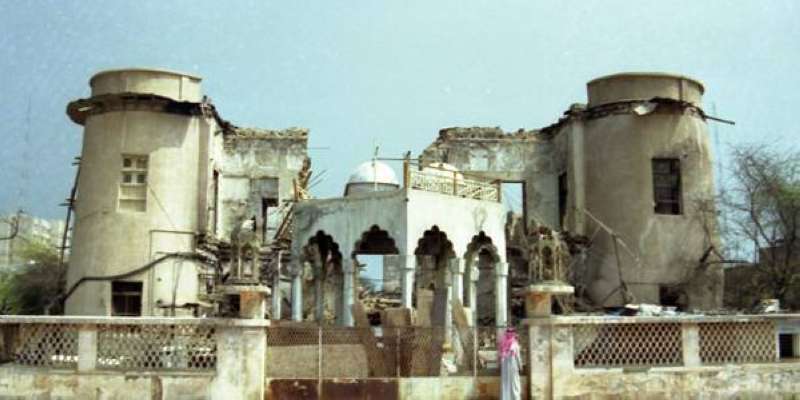The epic of civil disobedience carried out by the people of Kuwait in response to the Iraqi invasion of their country was not merely a spontaneous reaction against the occupier; it conveyed a resounding national message at a critical and fateful moment that will forever be etched in Kuwaiti history and conscience. This unforgettable moment served as a testament to their unwavering commitment to Kuwait, their homeland, its sovereignty, independence, and wise leadership.
Following the tragic events of August 2, 1990, also known as “Black Thursday,” the voices of the sit-ins echoed with a powerful message that reverberated across the globe: there would be no compromise, negotiation, or surrender of Kuwait’s territorial integrity, independence, and sovereignty. This display of civil disobedience was nothing short of a national epic, providing hope for the eventual liberation of the country from the grasp of the oppressor, reports Al-Rai daily quoting KUNA.
“On the solemn 33rd anniversary of the brutal Iraqi invasion, which we commemorate today, we take pride in recalling the heroic role played by the steadfast Kuwaiti people and the honorable residents, who united through civil disobedience against the occupation.
“They demonstrated remarkable social solidarity and efficiently managed essential facilities during the harrowing aggression, setting awe-inspiring examples of sacrifice and dedication. Academic personalities specialized in research, history, and media were interviewed to highlight the significance of civil disobedience during the occupation, said journalist and political science expert Ayed Al-Manna.
He emphasized that the civil disobedience undertaken by the people of Kuwait was not driven by any specific leadership or organization. Instead, it was a spontaneous response to the presence of the Iraqi occupier on their soil, fueled by their deep rejection of such an invasion.
Al-Manna further explained that civil disobedience represented an extraordinary manifestation of political, social, and public consensus to confront the occupier. Despite facing an unequal balance of power, the people’s unwavering belief in the justice of their cause and their national sense became potent opponents to the occupying authority.
The resistance and defiance shown by the citizens throughout the invasion, enduring unimaginable hardships under the brutal occupier’s rule, including psychological warfare and a relentless killing machine, displayed their determination and unwavering commitment to preserving the identity and history of Kuwait.
Researcher, historian, and writer Farhan Al-Farhan pointed out that civil disobedience acted as a heroic civil feat that formed an internal front and barrier, crippling the occupier’s movements and thwarting their nefarious plans. The ingenious actions of Kuwaiti citizens, such as removing house and street numbers and misleading enemy soldiers about locations, significantly hampered the invaders’ progress.
The citizens’ vigilance and awareness prevented the Iraqi regime’s intelligence personnel from locating key individuals and institutions within the state. Additionally, Kuwaiti communities organized consultation sessions in mosques and established guard groups to protect their neighborhoods, further strengthening their resistance against the occupier.
Journalist Hussein Abdul Rahman highlighted the remarkable cohesion and unity displayed by the Kuwaiti people during the brutal invasion. Despite the lack of conventional means of communication due to the occupation’s disruption, the Kuwaiti people found innovative ways to maintain contact and preserve national cohesion. Printing and distributing leaflets, recording messages on cassette tapes, and utilizing specific radio frequencies allowed them to defy the invaders and uphold their national identity and history.
One of the most touching moments of communication among the people of Kuwait occurred on September 2, 1990, exactly one month after the occupation. At that time, they united in a collective declaration, chanting, “Allah is the greatest. Kuwait is free,” rejecting the usurper occupier.
In conclusion, the epic of civil disobedience demonstrated by the people of Kuwait during the Iraqi invasion not only showcased their unwavering determination and resistance but also left an indelible mark in Kuwaiti history and the collective consciousness of its people. It serves as a timeless reminder of the unyielding spirit of a nation fiercely defending its homeland, sovereignty, independence, and leadership.

